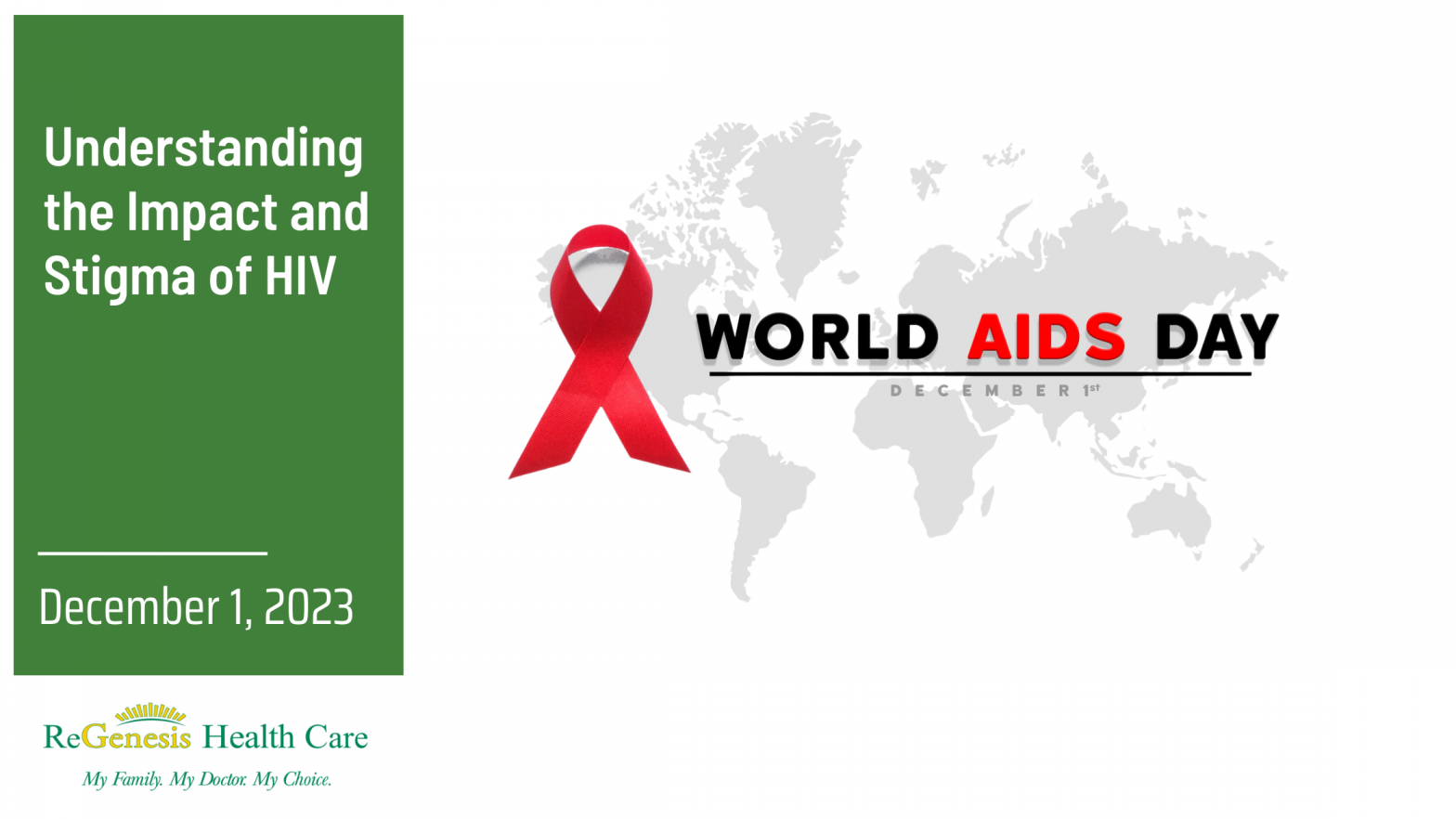World AIDS Day: Understanding the Impact and Stigma of HIV
World AIDS Day is an annual event held every December 1st to raise awareness about the impact of HIV/AIDS on individuals and communities worldwide. The day is an opportunity to share knowledge, challenge stigma, and promote understanding about the virus that affects millions of people around the globe. In this blog post, we will explore the history of World AIDS Day, the current state of the HIV/AIDS epidemic, and how we can all work to reduce the stigma associated with HIV.
The History of World AIDS Day
World AIDS Day was first observed in 1988, making it one of the world’s oldest annual health awareness events. The day was established by the World Health Organization (WHO) as an opportunity to increase awareness about HIV/AIDS and to mobilize support for those affected by the virus. Since then, World AIDS Day has been recognized by governments, non-profit organizations, and individuals worldwide.
The Current State of the HIV/AIDS Epidemic
Despite significant progress in HIV prevention and treatment, the global HIV epidemic remains a significant public health concern. As of 2020, an estimated 38 million people were living with HIV globally, with approximately 1.5 million new infections reported each year.
The Importance of Reducing Stigma
One of the biggest challenges in the fight against HIV/AIDS is reducing the stigma and discrimination that many people living with HIV face. HIV-related stigma can be a significant barrier to testing, treatment, and care, as people may fear discrimination or isolation from their community. Addressing stigma involves promoting public awareness, providing education about HIV, and challenging negative attitudes and beliefs.
How You Can Help
There are many ways you can support the efforts to reduce the impact of HIV/AIDS on communities worldwide. You can get tested for HIV and encourage friends and family to do the same. Donate to organizations that support HIV prevention and treatment, and advocate for policies that prioritize access to HIV care and support. You can also challenge anti-HIV stigma by speaking out against negative language and stereotypes about people living with HIV.
The Future of HIV
Looking ahead, there is hope that continued research and awareness efforts will lead to greater progress in preventing and treating HIV/AIDS. Advances in HIV treatment, such as antiretroviral therapy, have greatly increased life expectancy and improved health outcomes for people living with HIV. Ongoing research is focused on developing new treatment options, improving HIV testing and prevention strategies, and ultimately finding a cure for the virus.
World AIDS Day serves as a reminder that HIV/AIDS is still a significant global health concern that affects millions of people each year. By raising awareness, reducing stigma, and supporting prevention and treatment efforts, we can all play a role in addressing this important issue. As we look to the future, we must continue to prioritize the fight against HIV/AIDS and work towards building a world where everyone has access to the care and support they need to live full and healthy lives.




